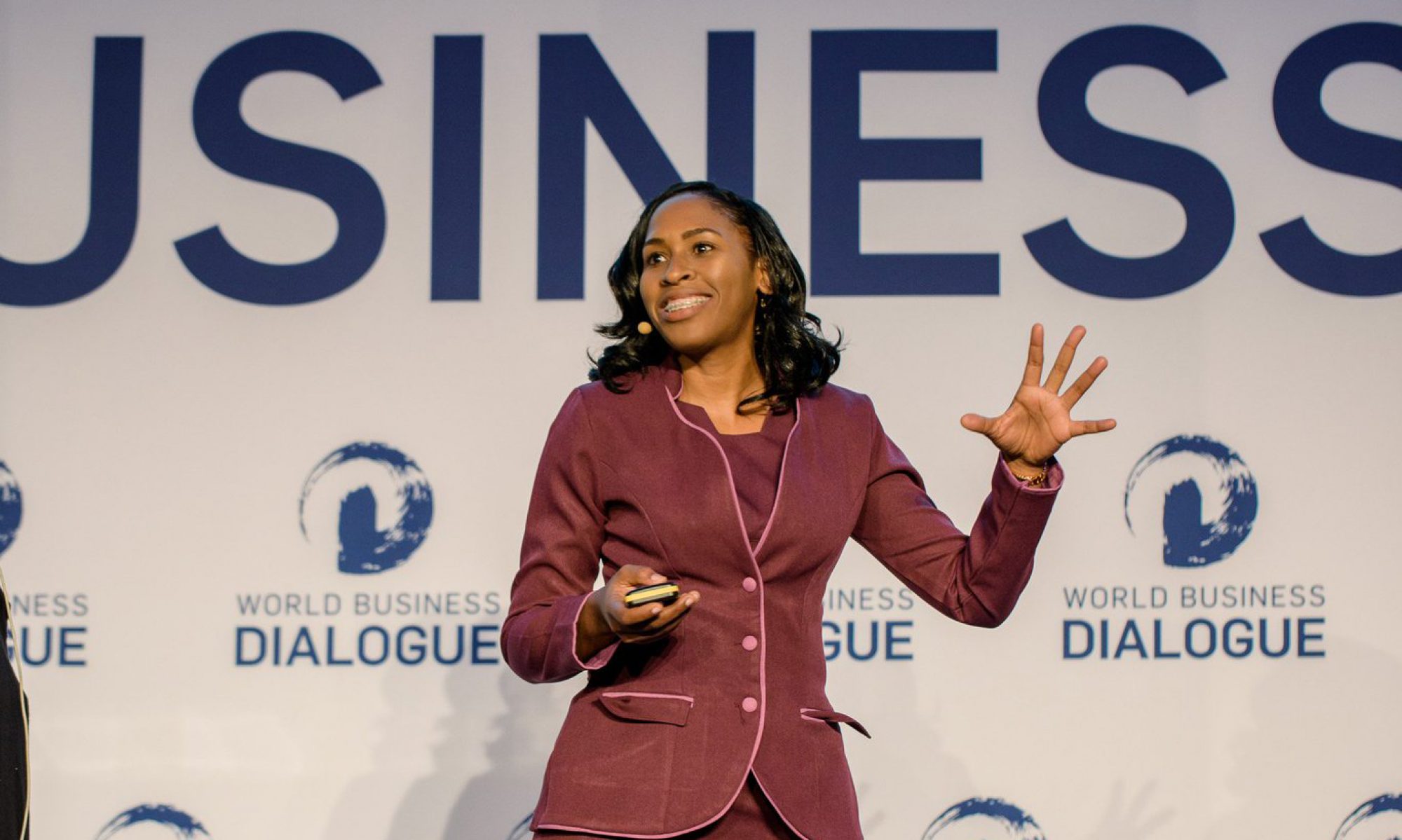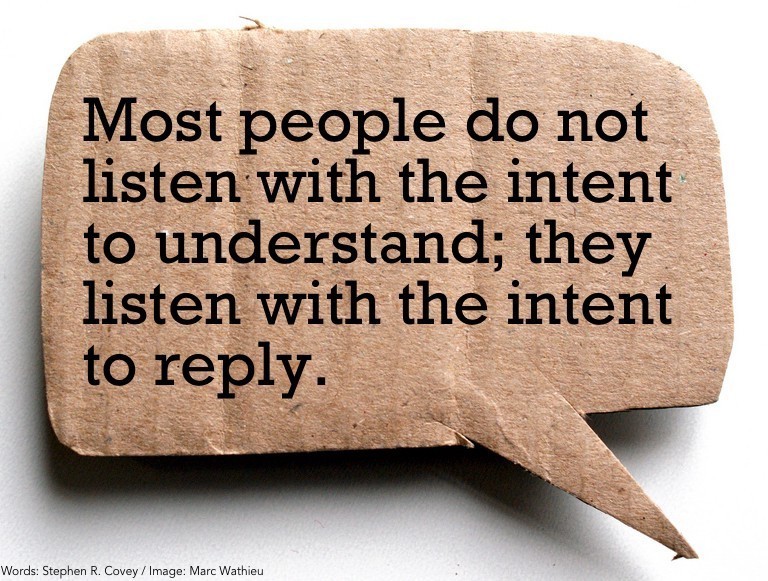The day I left the comfort of my old job is that day I decided to jump. I was stuck in a dead-end job with a micromanager who kept blocking my attempts to move up. That fateful day, I sat with my resignation letter second guessing myself if I really should do this. I had been planning my exit for months, but it seemed the circumstances were never perfect. But I knew it was now or never.
The biggest challenge we all face throughout our career is to be brave enough to walk away when we are in situation that does not contribute to our growth and development. Speaking from experience, it’s a scary decision. Change, no matter how big or small, will always be surrounded by some form of doubt. Warning – do not listen to them.
Jump!
Go where you are celebrated, not tolerated. If they can’t see the real value of you, it’s time for a new start.
We spend over half of our lives at work. We all want a job that gives us a sense of fulfillment at the end of the day. Life is too short to put up with a job you dislike or a boss who treats you poorly. No amount of money can compensate for a toxic culture.
The truth is if you keep on doing the same thing time and time again, you will keep on achieving the same results. So, instead of complaining about your job – take action.
Too many of us are hanging around in places, relationships, jobs where we are not being valued – where the life is literally being sucked out of us. Why? Because of fear or lack of confidence in ourselves and in our abilities. We convince ourselves that we can stay in a job that makes us unhappy because we need the income or because we don’t believe we can find another job. But the truth is spending too much of it in a bad situation will make you miserable and it can affect your health.
Change is scary, but there are really great positions/great companies out there. Know your worth. Even when the current situation tries to make you think otherwise.
” There is freedom waiting for you, On the breezes of the sky, And you ask “What if I fall?” Oh but my darling, What if you fly?” – Erin Hanson
I would like to let every single person know that it is possible to replace your job. You don’t have to stay stuck in a dead-end job that consumes your life. Although the job market is tough, start taking small steps to where you want to be. You deserve so much better! Send out resumes, take courses online, learn new skills and make sure to network. Maybe it’s even time to start your own business. Life is too short for anything else.








